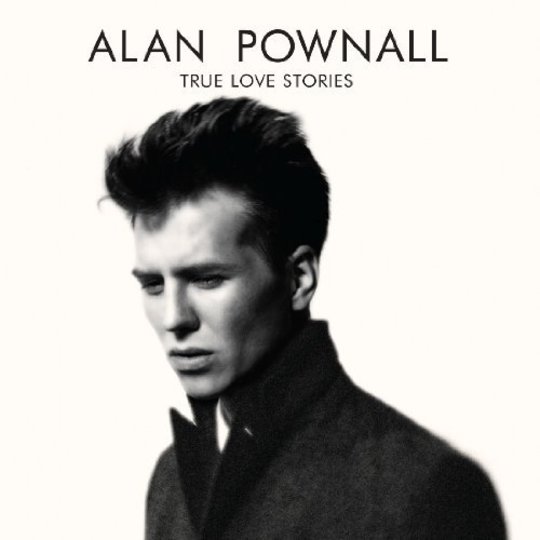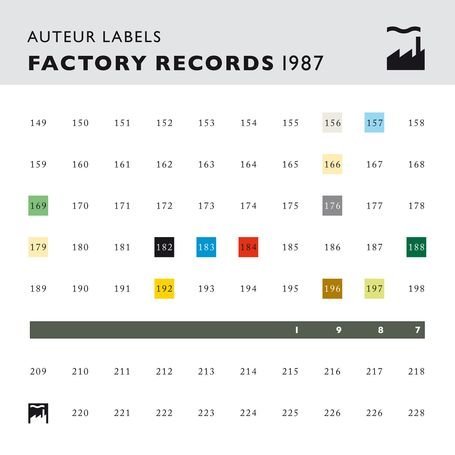Okay, pop fans, this one’s for you. Alan Pownall writes honest pop songs. He doesn’t try to sound clever, he doesn’t rely on heavy production tricks, he makes no attempts at indie cool posturing, and each song comes without even a hint of irony. It’s either very refreshing or a little cheesy.
His debut full-length, True Love Stories, is a collection of radio-friendly pop tunes built around guitar rhythms that recall some nonspecific Caribbean locale. It’s very light and summery, the sort of record you really only want to listen to in warm weather when the sun is shining. The choruses are consistently strong and usually wailed in a fashion that begs the listener to do the same.
For Pownall, these true love stories are mostly failed love stories; just about every song is about loving a girl who is no longer in the picture. It’s subtle, too; there’s no overt complaining, it’s more of an afterthought that each of the girls he’s singing about has spurned his affections. He has hidden his heartbreak very neatly under bubbly, infectious pop tracks, so while his lyrics speak of longing his tunes bop along in the happiest of ways. His emphasis is quite smooth; on ‘Clara,’ when he bemoans a girl who’s done him wrong, you notice her name in the chorus well before you process his inquisitions of "What came over you?/What was wrong with you?" It’s a formula that at least keeps a guise of cheerfulness in place.
And it’s a formula Pownall should stick to. His curious, sombre attempt to emulate Jack Johnson on ‘Colourful Day’ smacks of someone trying desperately to be perceived as ‘deep.’ While fairly successful as pastiche, it’s kind of a buzz kill after the hand-clapping fun of ‘Don’t You Know Me’.
As if to compensate, a rare display of personality comes later in the album with ‘The Others’. The subdued, introspective number is fringed by a single violin, and boasts perhaps the only whimsy of the album, whether or not whimsy was the intention. And yeah he’s still singing about a special someone who is more special than "the others" in question, but there’s a more personal element that Pownall doesn’t convey elsewhere on the album. The vocals sound as though he’s trying to hide his emotions, but his willingness to mention a struggle other than romantic makes him more human.
In many ways, Pownall is reminiscent of Michael Buble, or at least is as charming and not as insipid. This is by no means a slight on Pownall, but it does make me want to give the record to my mother. He has that adult contemporary appeal, but at least he has that genuine connection to his songs that is apparent when a songwriter sings his own compositions (said connection may or may not be interpreted as over-earnestness). There’s nothing weird or wacky, no left-field lyrics to cause offense. But in keeping things so tame, there’s not a whole lot to fall in love with.
-
6Amanda Farah's Score






















